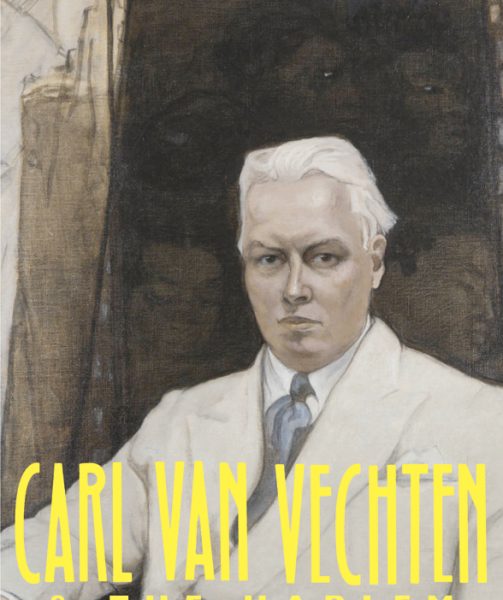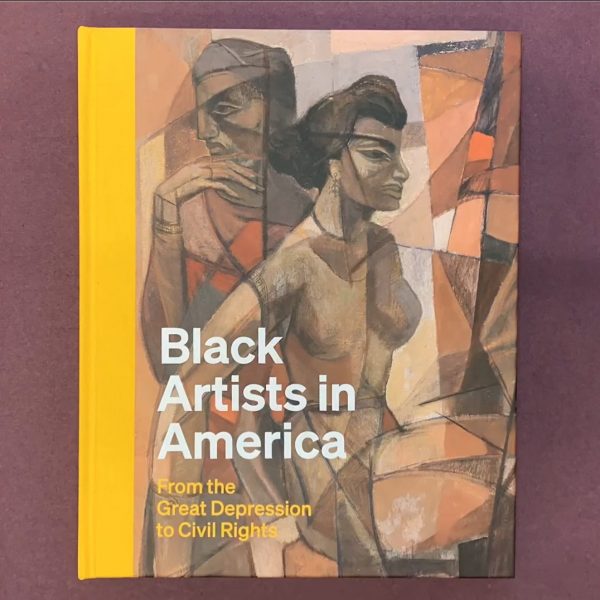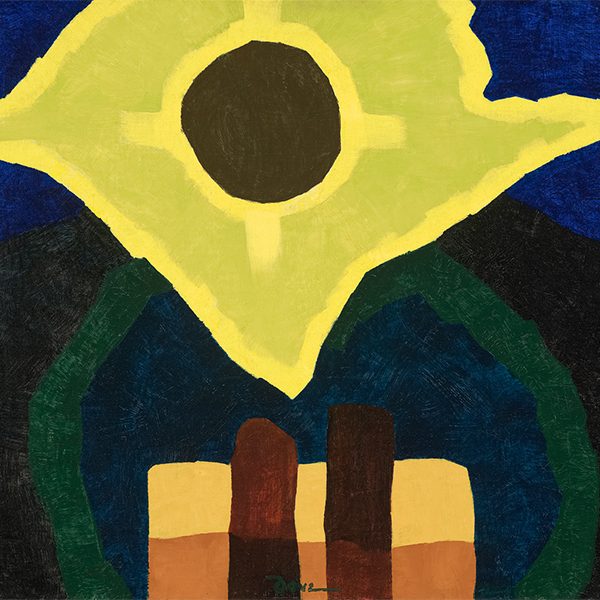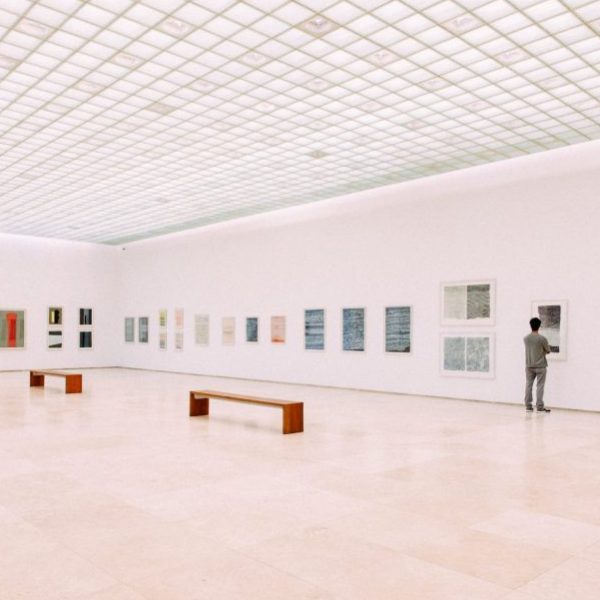Carl Van Vechten in Correspondence
Read an excerpt from Carl Van Vechten and the Harlem Renaissance
Carl Van Vechten, the controversial patron of the Harlem Renaissance, was indeed a Renaissance man: art critic, novelist, adviser, social host and man-about-town. Yet in his role as a letter writer we see him as a passionate epistolary friend. In her book, Carl Van Vechten and the Harlem Renaissance, Emily Bernard delves into his archives housed at the Beineike Rare Book Library to get to know a more personal Carl Van Vechten.
 Bernard sketches a portrait of a man who prized his friendships and demanded equal devotion. “There are some people who have no sense of value,” he wrote, “who are careless of friendship, and when they’re careless with me, it’s just the end.” Yet his attachment was matched by many such as Langston Hughes, for a time, and women like Nora Holt and Ethel Waters. As Nora Holt wrote to him, “Of all my friends you are the arch offender, envoyer of sweet dreams and never to be forgotten experiences, that give life and illumination to waning years.”
Bernard sketches a portrait of a man who prized his friendships and demanded equal devotion. “There are some people who have no sense of value,” he wrote, “who are careless of friendship, and when they’re careless with me, it’s just the end.” Yet his attachment was matched by many such as Langston Hughes, for a time, and women like Nora Holt and Ethel Waters. As Nora Holt wrote to him, “Of all my friends you are the arch offender, envoyer of sweet dreams and never to be forgotten experiences, that give life and illumination to waning years.”
Van Vechten letters are found in the James Weldon Johnson Memorial Collection, which Van Vechten founded at Yale, celebrating African-American artists and writers. According to Bernard, it was Van Vechten’s particular friendships that made it possible. He wrote personal commentary in the collection’s massive catalogue, providing context and noting certain letters to be of “high interest.” For Waters’ letters, Van Vechten explains, “Such addresses as ‘My Nordic Lover’ in the second letter and subscriptions like’ your native mama’ in the first are Ethel’s idea of good clean fun.”
Many of the letters see Van Vechten making direct references to the letters themselves, showing a keen awareness of the significance of his historical moment. As we see in a letter to Langston Hughes, he wrote with the intention of donating his correspondence. “Sometimes I wonder if our letters won’t be the pride of the Collection.” He was consciously placing himself in history in the context of his famous friendships, yet his affection and consideration was genuine. Delighted at the gossip he would receive, he still wished to respect those secrets often divulged to him. After Dorothy Peterson sent him some salacious details about her brother, he wrote to her, “Eventually I’m giving your letters to Yale. I haven’t been over them yet, so I don’t know, but I dare say they will have to be sealed till after your death.” His own secrets would too have to be protected. “If you have any of mine [letters] saved, I wish you’d give these too (after you go in) and probably these will have to be sealed!”
Bernard also finds the patron’s critical side and the influence he exerted on the writers in his sphere. A series of telling letters between Van Vechten and Langston Hughes chronicles the shift in Hughes’ style which has consequences on his relationship with Van Vechten. (Bernard is well-versed in their relationship as the editor of a book of correspondence between the two writers, Remember Me to Harlem.) Hughes’ move from lyrical work to increasingly social themes was controversial and Van Vechten did not mince words. “The revolutionary poems seem very weak to me: I mean very weak on the lyric side. I think in ten years, whatever the social outcome, you will be ashamed of these.” It would take Hughes six weeks to reply that he did not agree, it rather was a matter of taste.
In Carl Van Vechten and the Harlem Renaissance, Bernard reveals the man of letters, among other things, and these letters are a fascinating entry into the inner lives of familiar figures from the Harlem Renaissance. They also shed a personal light on the deep shifts in history since these letters were written. Yet even more, in Van Vechten’s letters Bernard shows us a trove of exuberant sentiment, thoughtful language and deep friendships that birthed them.


























